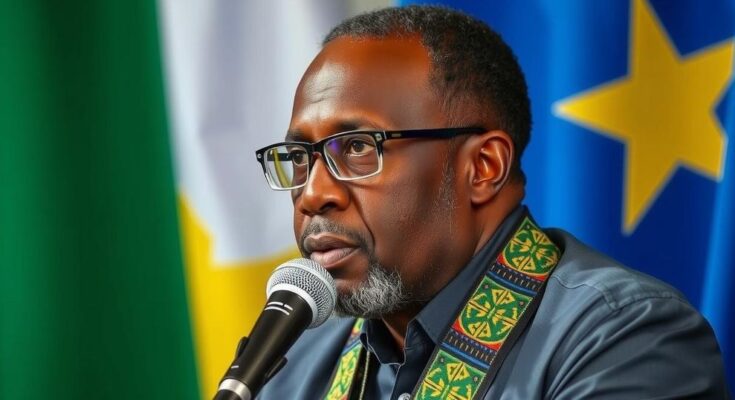Opposition leader Abdirahman Mohamed Abdullahi won the presidential elections in Somaliland, defeating incumbent Muse Bihi Abdi with 64% of the votes. The election results were announced on November 13 by the electoral body in Garowe.
In a significant political shift within the semi-autonomous region of Somaliland, opposition leader Abdirahman Mohamed Abdullahi has emerged victorious in the recent presidential elections, held on November 13. Abdullahi secured approximately 64% of the votes cast, decisively defeating the current President, Muse Bihi Abdi, who received 34%. The official results were announced by the electoral authority in the capital, Garowe, on Tuesday, marking a pivotal moment in Somaliland’s political landscape.
Somaliland, which declared independence from Somalia in 1991, operates with its own institutions and holds regular elections, although it is not internationally recognized as an independent state. The region has maintained relative stability compared to Somalia, but political competitions often reflect deeper societal divisions and aspirations among its populace. The recent elections, characterized by high voter turnout and engagement, signify a public desire for change and renewed governance.
The election of Abdirahman Mohamed Abdullahi as the new president of Somaliland represents a crucial development in the region’s democratic process. The decisive win against incumbent President Muse Bihi Abdi reflects the electorate’s preference for new leadership and potential shifts in policy direction. As Somaliland continues to navigate its path towards international recognition and internal development, this election will likely have lasting implications for its governance and stability.
Original Source: www.bnnbloomberg.ca




